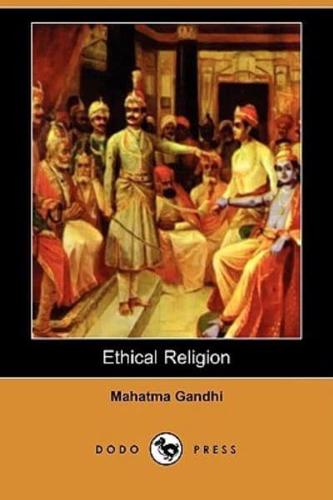Publisher's Synopsis
Mohandas Karamchand Gandhi (1869-1948) was a major political and spiritual leader of India and the Indian independence movement. In India, he is recognized as the Father of the Nation. A British-educated lawyer, Gandhi first employed his ideas of peaceful civil disobedience in the Indian community's struggle for civil rights in South Africa. Upon his return to India, he led nationwide campaigns for the alleviation of poverty, for the liberation of women, for brotherhood amongst differing religions and ethnicities, for an end to untouchability and caste discrimination, and for the economic self-sufficiency of the nation, but above all for Swaraj-the independence of India from foreign domination. He famously led Indians in the disobedience of the salt tax on the 400 kilometre (248 miles) Dandi Salt March in 1930, and in an open call for the British to Quit India in 1942. He was imprisoned for many years on numerous occasions in both South Africa and India. He dedicated his life to the wider purpose of discovering truth, or Satya. He tried to achieve this by learning from his own mistakes and conducting experiments on himself. He called his autobiography The Story of My Experiments with Truth.








